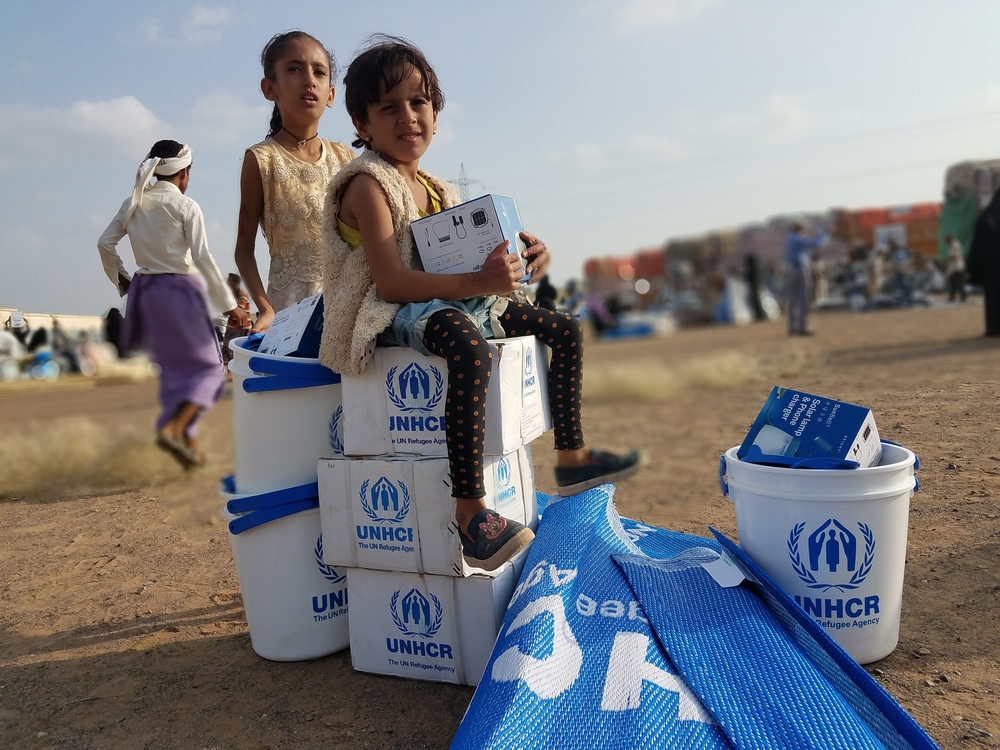
Yemen war death toll surpasses 70,000
More than 10,000 people have been reported killed in Yemen over the last five months, bringing the war’s total death toll to over 70,000 since 2016, according to the Armed Conflict Location & Event Data Project (ACLED). While overall reported fatalities have trended downward this year amid a UN-backed peace process, fighting continues across the country and has even intensified in some areas, including the governorates of Taiz and Hajjah. The Saudi-led coalition is responsible for the highest number of reported civilian fatalities from direct targeting. (Photo: UNHCR via New Humanitarian)


